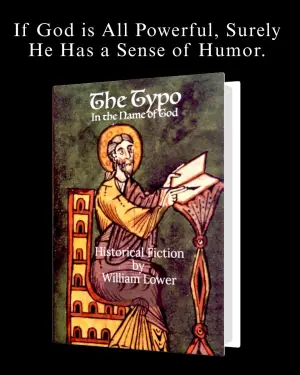Mary Shelley’s Frankenstein is a novel that has intrigued me for years, not just because it’s often hailed as a cornerstone of Gothic literature, but also due to its deeper themes surrounding creation, responsibility, and humanity. As a lover of classics, I decided to pick up this edition, particularly drawn by its presentation of the original 1818 text coupled with an insightful introduction by Charlotte Gordon. The opportunity to delve into Shelley’s unfiltered voice, while gaining perspective on her relationship with her pioneering feminist mother, Mary Wollstonecraft, was simply too compelling to pass up.
From the very first chapter, I found myself immersed in Shelley’s eloquent prose. The narrative is as thought-provoking as it is gripping. As Steven noted in his review, Frankenstein is a novel that transcends traditional genres; it’s not just horror but a poignant exploration of what it means to be alive and the profound weight of our connections to others. I resonated deeply with this sentiment, as the emotional depth Shelley captures is truly haunting.
One of the most commendable aspects of this edition is how it highlights Shelley’s sharp wit and strong female voice, as pointed out in the product description. The book effectively preserves the politically charged and hard-hitting elements of her original writing, making it an invigorating read in today’s context. Gordon’s introduction provides valuable insights into how Shelley’s upbringing and her feminist lineage shaped her literary voice, illuminating a legacy that is often overlooked in typical discussions about her work.
In terms of writing style, I found the editorial choices in this edition to enhance my reading experience. The easy-to-read font was indeed a plus, making it accessible, much like what a few reviewers pointed out, including Jenny who mentioned the book’s purposeful quality despite being a cheaper version. However, not all aspects were flawless. I did share the sentiment expressed by a few readers regarding some typographical errors within the text, which, although minor, were somewhat distracting. This inconsistency slightly interrupted the otherwise smooth reading flow, and I could see why it would frustrate some readers.
Moving on to the book’s thematic depth, I was captivated by how Shelley navigates the complexities of creation and the inherent responsibility that comes with it. The relationship between Victor Frankenstein and his creation is particularly striking, with themes of isolation and rejection echoing throughout the narrative. Buchemd’s review aptly captures this dynamic, as he notes that the original book is far more subtle than its pop culture counterparts, emphasizing that Frankenstein serves more as a psychological drama than a graphic horror tale.
On the downside, I did feel that certain pacing issues arose in the latter chapters. While the beginning grips you tightly, the narrative seemed to slow down significantly towards the climax, which may not suit every reader’s taste—especially those looking for a brisk pace. Mary’s review reflects this, though to her credit, she still acknowledges the book’s classic status, which I wholeheartedly agree with. It’s likely any reader would appreciate the pivotal influence this novel has wielded on literature as a whole.
In conclusion, I strongly recommend this edition of Frankenstein not just as a classic read but as a significant literary work that continues to be relevant in discussions about ethics in science and the human experience. Despite a few typographical issues and some pacing struggles, the emotional impact and thematic richness more than compensate for these shortcomings. For anyone looking to explore a timeless tale of ambition, responsibility, and the search for acceptance, this edition is indeed a treasure.








